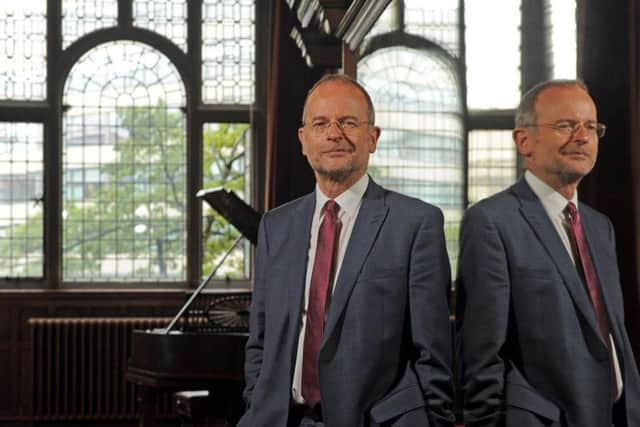Assisted dying: My mother's prolonged suffering in her final years was not what she wanted - Yorkshire Post Letters


I moved to Canada from Leeds in 1966. Here, failure to put a sick animal to sleep can result in charges and substantial fines for allowing an animal to suffer (Peter Hyde, The Yorkshire Post, July 25). My mother died in April last year. She was 84, and although a precise cause of death was given, she effectively died of the combined effects of old age and Alzheimer’s Disease.
Crippled first by arthritis, and then by loss of memory and dementia, her last few years probably consisted of a haze of confusion, fear, hallucinations, and irrationality including anger and hostility. Physically, towards the end, the simple act of turning her over in bed caused her to cry out in pain.
Advertisement
Hide AdAdvertisement
Hide AdWhenever she appeared ready to die, she was shipped off to the hospital, which would revive her to the greatest extent possible, and send her back to the nursing home. Then she would deteriorate some more and be sent back to the hospital, which would revive her again, and this revolving-door routine occurred several times until she finally expired in the nursing home.


My dying wife was in so much pain that her last wish was for euthanasia to be legalised - Yorkshire Post LettersSome years ago when her health was relatively good, I spoke with my sister, and together, we asked Mum what her wishes would be if she were unable to make decisions for herself. I forget what inspired me to do this, but I’m glad I did.
Essentially speaking, Mum said that if her health situation became such that she had no reasonable prospect of an enjoyable or at least tolerable life, then she would prefer to be allowed to die naturally, with no effort being made to delay things; she had enjoyed a good run, and “I have done all the things I’m supposed to do”.
The law on assisted dying in EnglandShe was born the daughter of an agricultural labourer in the Cotswolds in 1924, and joined the Women’s Auxiliary Air Force in 1942, as soon as she was old enough to serve. She was stationed in London, working underground somewhere carrying out duties which she never divulged. She was almost killed by a buzz-bomb while on the surface one time, and on another occasion she was underground when a German bomb struck nearby and several people were killed just a few yards away on the other side of a wall.
Advertisement
Hide AdAdvertisement
Hide AdPaul Blomfield MP: My father's suicide made me rethink the law on assisted dyingShe was a corporal, and only missed out on a commission, and the possibility of a coveted position at Bletchley Park, because the war ended.
Her maiden name is an Anglicised version of a Scandinavian term which roughly translates into “The Children of Thor”. If there is a Valhalla for WAAF corporals I am sure she is in it now, greeting old friends and making new ones.
I just wish she could have reached it a little sooner, without being forced to go through the unnecessary tribulations and cruel indignities forced upon her by a National Health Service that, like those in Canada and elsewhere, simply cannot allow people to die quietly and with dignity when their natural time has come.